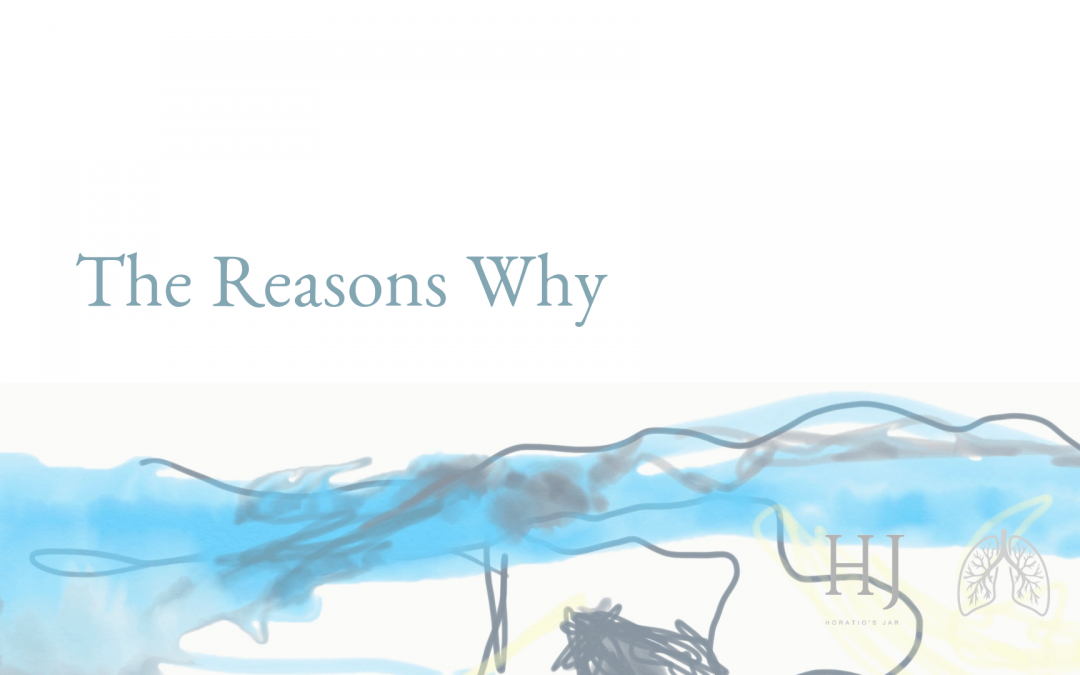Published by: Digital Schools
The Reasons Why
The eruption of contemplative practices into our daily lives seems to be in direct response to the amount of stress and mental illness we are experiencing.
At least 1 in 5 adults experience mental illness which means 30% of the population is affected at some point, by 2020, depression will be the second biggest illness internationally.
(Harris – p.3)
As modern medicine fails to provide the solutions to our systemic health crisis, could we find the solution to good health and happiness in our minds? As ancient technology becomes new-science, we discover that within us are all the tools we need to live well, live long and be happy.
Most people come to meditation to escape stress in mind and ailments in the body as well as to decompress and quieten the mind and hide from their children.
Along with the benefits of a soothing retreat for mind, body and soul meditation can also help us to face the more significant questions in life like; who am I?, why am I here?, and will I ever look as happy and relaxed as that girl over there?.
Along with managing the symptoms of stress, meditation can heal the damage stress does, reverse the impact of stress-related illness and can also get to the very bottom of why you are so imbalanced in the first place, (if you stick with it long enough).
Meditation can be beautiful, magical, otherworldly and deeply rewarding, and it can also be very confronting, sometimes frightening and confusing as you face life’s most significant obstacle – your mind.
It takes courage and consistency to overcome the mind – but the benefits are unlimited- as so it seems. Looking at the science that supports the practices of meditation, we are hinging on a door to a limitless reality where the mind can be used to heal the body and change your perceptions.
Whatever your reasons for taking the practice of meditation – whether it be to master your mind or heal the body – the success lies with the ability to focus and concentrate.

Books
1. Russ Harris, 2007, ‘The Happiness Trap’, (Harris)
Youtube and Videos
1. Russ Harris, 2007, ‘The Happiness Trap’, (Harris)
These resources are selected from Youtube, and we advise parental supervision while accessing this external platform.
Published on May 30, 2017
http://www.healdocumentary.com A documentary film that takes us on a scientific and spiritual journey where we discover that by changing one’s perceptions, the human body can heal itself. The latest science reveals that we are not victims of unchangeable genes, nor should we buy into a scary prognosis. Featuring Dr Deepak Chopra, Anita Moorjani, Marianne Williamson, Dr Michael Beckwith, Dr Bruce Lipton, Dr Joe Dispenza, Anthony William’ Medical Medium’, Dr Bernie Siegel, Gregg Braden, Dr Joan Borysenko, Dr David Hamilton, Dr Kelly Brogan, Rob Wergin, Dr Kelly Turner, Peter Chrone, Dr Darren Weissman, and Dr Jeffrey Thompson.
Guest Contributor: Emily Rack
Business Name: Horatio’s Jar
Publisher: Digital Schools
Emily Rack is a yoga teacher, meditation instructor, freelance writer and visual content creator. Emily incorporates a unique creative flair into her yoga and meditation classes, courses and workshops. Emily hosts events and courses in schools and the wider community and passionate about teaching the art of mindfulness.
——-
PUBLISHER’S DISCLAIMER: The publisher of this blog post (Digital Schools PTY LTD) works in partnership with the school as a 3rd party provider to help build and maintain the school website. Digital Schools sources a range of experts who provide products and/or services to educational institutions and we work with them to produce and publish topical information in the form of blog posts that we think may be relevant, interesting or topical to families within the community. The views, opinions and content listed in this blog post are that of the guest contributor and/or publisher (Digital Schools). It should be noted that whilst the publisher and guest contributors are acting with the best intentions and in the best interests of the school and their community to provide helpful or interesting information, sometimes the content may not necessarily reflect the views of the school.
The information in this blog post is not meant to be used, nor should it be used, to diagnose or treat any medical condition. For diagnosis or treatment of any medical problem, consult your own physician. The school and the publisher of this blog post are not responsible for any person reading or following the information in this article who may experience adverse effects.
Any references to external websites or sources are provided for informational purposes only and do not constitute endorsement by the school or publisher in any way and the publisher and/or school cannot guarantee accuracy of information listed.
If you have feedback on any content on this platform, you can submit it to the publisher using the feedback link provided at the bottom of this page.


